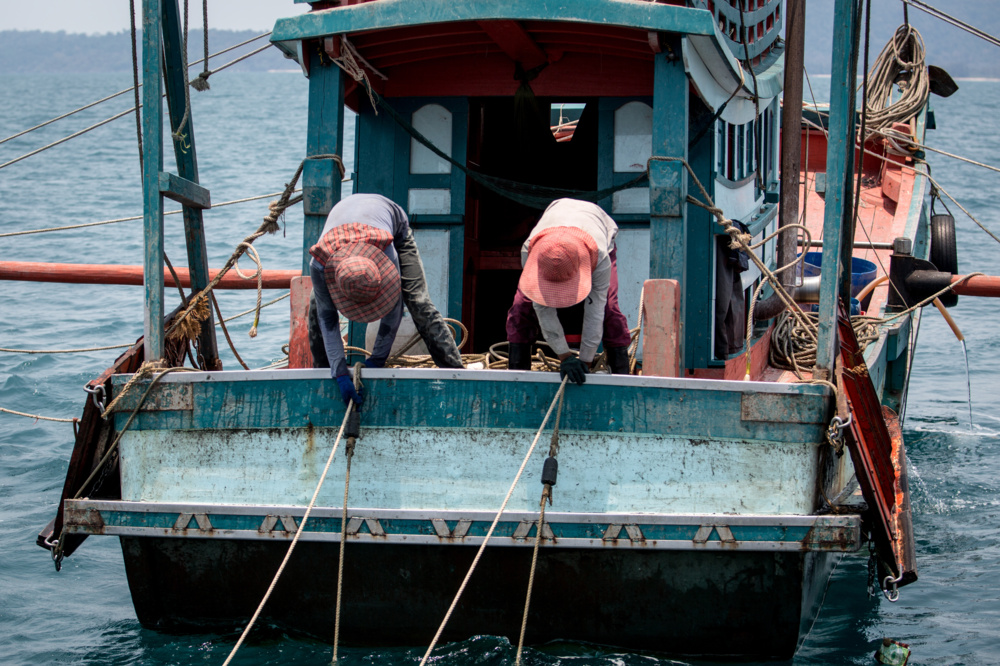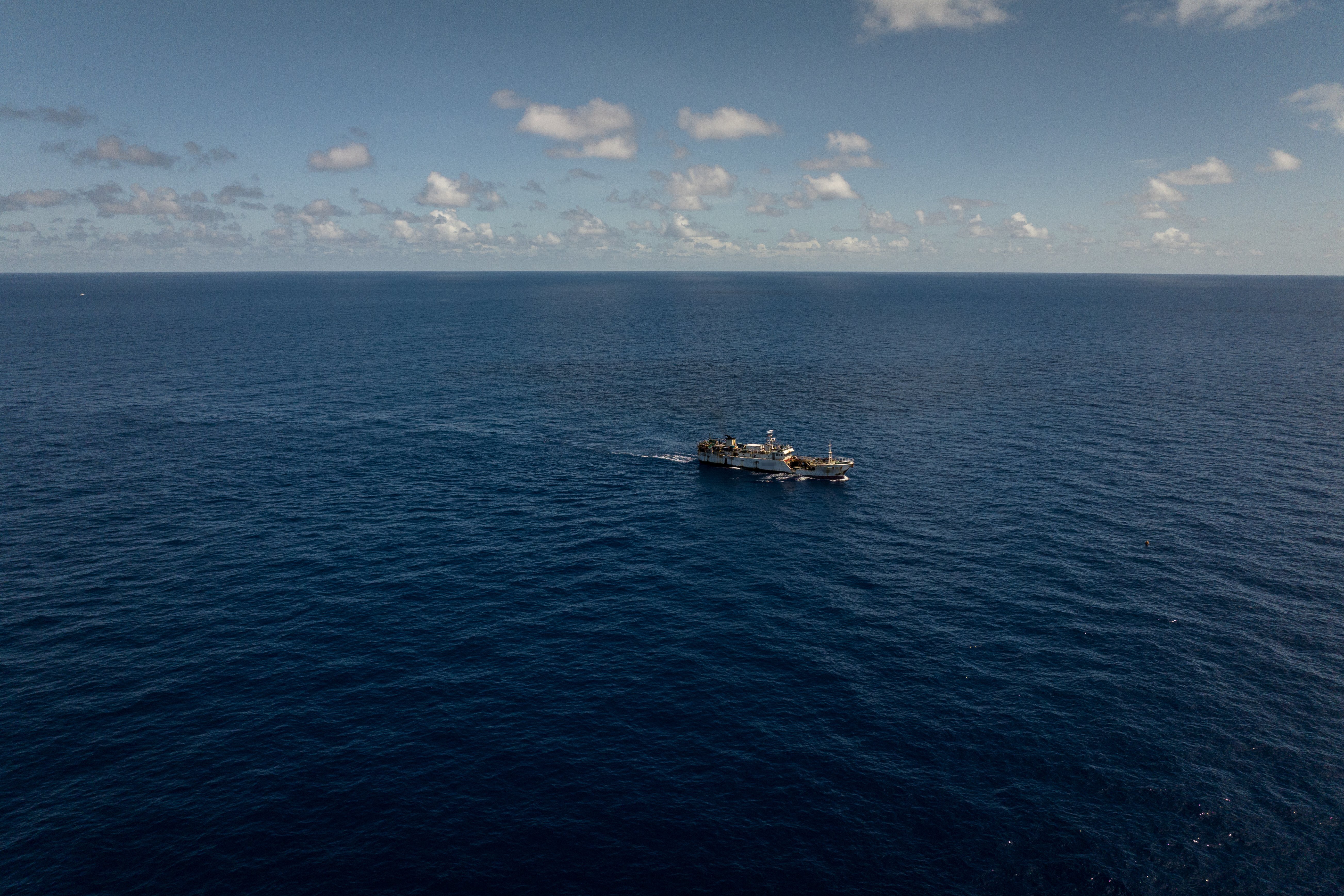
EU Council approves Forced Labour Regulation, EJF calls for robust implementation
Today marks a significant step forward in the fight against forced labour, as the Council of the European Union formally adopts the Forced Labour Regulation (FLR). The Environmental Justice Foundation (EJF) welcomes this historic decision, which places human rights at the forefront of EU trade and supply chain policies.
This Regulation empowers authorities to remove products tainted by forced labour from the EU market, ensuring that Europe does not contribute to the exploitation of the estimated 27.6 million people trapped in forced labour worldwide. It is a critical move towards aligning trade with the EU’s commitment to human rights and ethical governance.
"Today, Member States have shown their determination to stand against one of the gravest violations of human dignity. Consumers deserve assurances that the products they buy are not tainted with abuse and exploitation,” said Steve Trent, CEO and Founder of EJF. “However, passing this Regulation is only the first step. The true test lies in how swiftly and ambitiously it is implemented. Failure to act decisively, including through the allocation of sufficient resources in delivering product bans, would mean ongoing impunity for exploitative companies."
EJF’s investigations into forced labour across global fisheries and supply chains have repeatedly uncovered severe exploitation, including cases of physical abuse, withheld wages, and life-threatening working conditions. For example, our investigation into the Chinese distant-water fleet operating in the South West Indian Ocean revealed appalling realities of forced labour, with crew members subjected to threats and intimidation, abusive working conditions, and physical violence. Such abuses underscore the urgent need for robust implementation and enforcement to prevent seafood linked to forced labour from entering EU markets.

ENDS
Notes to Editors
The Forced Labour Regulation allows EU authorities and the European Commission to investigate goods and supply chains for forced labour. Products found to involve forced labour will be banned from the EU market, with shipments blocked at borders. Investigations rely on verifiable information from sources including international organisations and whistle-blowers. Non-compliant companies must remove, recycle, or destroy banned goods and may face fines which would be determined by the Member State involved. Products can only return to the market if forced labour is eradicated from their supply chains. EU countries will have 3 years to start applying the new rules after its publication in the Official Journal of the European Union (OJEU).
EJF works internationally to inform policy and drive systemic, durable reforms to protect our environment and defend human rights. We investigate and expose abuses and support environmental defenders, Indigenous peoples, communities, and independent journalists on the frontlines of environmental injustice. Our campaigns aim to secure peaceful, equitable, and sustainable futures.
Our investigators, researchers, filmmakers, and campaigners work with grassroots partners and environmental defenders across the globe. Our work to secure environmental justice aims to protect our global climate, ocean, forests, wetlands, wildlife and defend the fundamental human right to a secure natural environment, recognising that all other rights are contingent on this.
For more information or to speak to one of our expert analysts, please contact media@ejfoundation.org.
SIGN UP FOR OUR EMAILS AND STAY UP TO DATE WITH EJF

